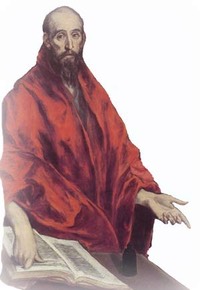Dr. Benjamin L. Price, Instructor
Fall 2019
Fayard 240: Monday 5:00pm-7:45pm
Books for History 600
Rental: Chicago Manual of Style 15th Edition
Strongly Recommended:
Caroline Hoefferle, The Essential Historiography Reader (Pearson, 2010), 978-0321437624
Quite a few students complain that they are not quite up to snuff on the actual history that is required as a prerequisite for this course (and indeed, most graduate seminars). As a result, I recommend a couple of history textbooks that can be found in older editions (history hasn’t really changed all that much) at quite reasonable prices on Amazon.
Tindall, George Brown and Emory Shi, America: A Narrative History (2 volumes)
For those of you who intend to focus your studies on American History, I also recommend that you acquire a really good work on American historiography. For my money, the best is:
Also Recommended:
Kaye, Sandford, Writing Under Pressure: The Quick Writing Process
Adler & Van Doren, How To Read A Book
Course Objectives
This course has two basic components. The first is an introduction to the branch of historical inquiry known as historiography. The second is an introduction to basic historical research and writing methods.
One focus of this course is an introduction to historiography. Simply put, historiography is the history of historical writing. We will examine changes in the ways that writers of history have understood the meaning and purposes of history from the Age of Homer down to the 20th century. A critical understanding of historiography is a necessary element in the mastery of the discipline of history. It is also an important prerequisite to the intelligent and systematic production of original historical research and writing.
This brings us to the course's second focus: research methods. Historians ask questions about the past, which they try to answer through a process of interpretation that is dependent on research and ultimately the writing of books and various kinds of shorter documents. Good historians know how to ask historical questions, and how to employ historical sources—both primary and secondary—in order to frame an argument in prose that provide interpretive answers to their questions. Much of your course work will be devoted to sharpening the requisite critical skills that will enable you to write well, and to write good history.
The assignments in this course are designed around meeting several objectives. When you finish this course, you should have developed a thorough understanding of the following:
- how to write.
- how history has evolved as a scholarly discipline
- how to read secondary sources for argument
- how to interpret and employ primary source materials
- how to do basic historical research
- how to define and clarify historical research topics and questions
- how to organize and produce several different kinds of historical papers
The end goal of this course is the production and in-class presentation of a first (clear and concise) draft paper of some 15-20 pages.
